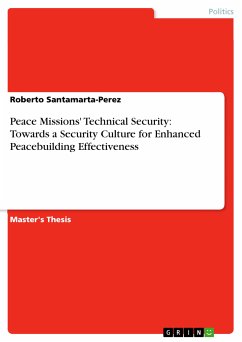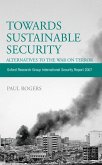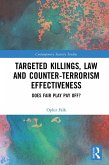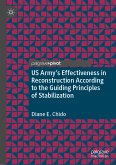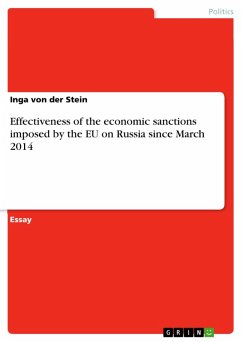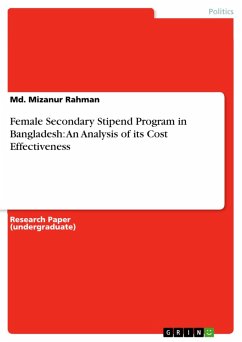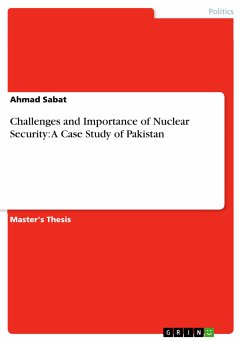Master's Thesis from the year 2012 in the subject Politics - Topic: Peace and Conflict, Security, grade: 65, Coventry University (Centre for Peace and Reconciliation Studies), course: Peacebuilding, language: English, abstract: Peacebuilding operations are organizational structures in emergency environments or post-conflict areas working to restore and maintain stable peace. The specificity of the geographical or political instability makes it necessary for these entities to count on with technical security departments in charge of securing the well-being of staff members and protecting programs and assets. To effectively perform these tasks, mission internal security departments produce a set of security regulations comprised in three different operational blocks: security plans, security standard operation procedures and contingency plans, and risk and threat assessments. These norms are then communicated, trained on, and enforced to all mission staff members. Often staff members in peacebuilding missions disregard security regulations, either conscious or unconsciously, causing secondary negative effects on mission's operations, perceptions, and relations, and slow down or even stop programs. Often, as well, technical security departments employ a larger amount of time to enforcement than required due to lack of compliance with security policy. The aim of this study is to present a set of methodologies at the operational, perceptual, and relational level that implemented and coordinated by missions' technical security departments could positively support and enhance missions' performance in security and safety, but extrapolated to peacebuilding activities and mandate objectives. It is understood and explained that security regulations can affect the interoperability of a mission, in the sense that it can slow down and restrict programs, especially in high risk environments. Therefore, the focus is placed in peacebuilding operations with a moderate risk level, defined in the United Nations language as Security Phases one and two.
Dieser Download kann aus rechtlichen Gründen nur mit Rechnungsadresse in A, B, BG, CY, CZ, D, DK, EW, E, FIN, F, GR, HR, H, IRL, I, LT, L, LR, M, NL, PL, P, R, S, SLO, SK ausgeliefert werden.

